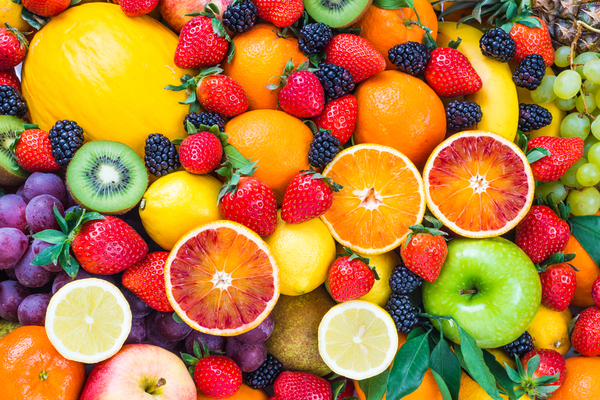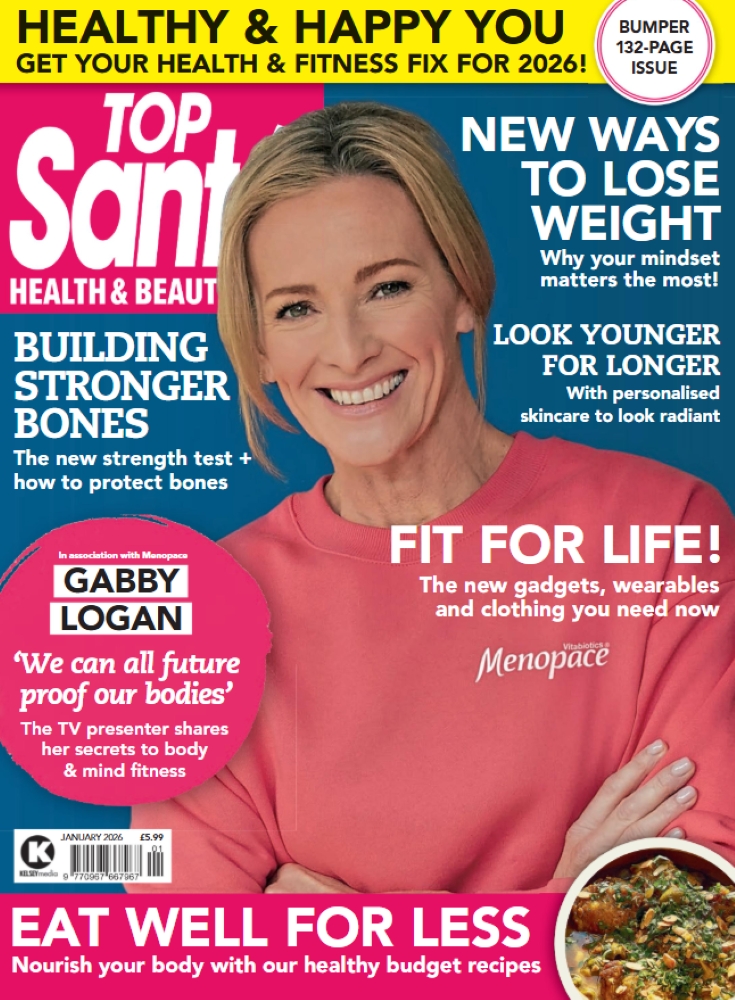With the pandemic of Covid-19 (coronavirus) still spreading, there’s still plenty you can do right now to strengthen your body’s immunity against pathogenic viruses – all of them! – with healthy foods and supplemental support.
Vitamin D
Vitamin D is vital for immune function. Pooled data from 16 clinical trials involving 7,400 people show that taking vitamin D supplements reduces the risk of experiencing at least one respiratory infection including influenza and pneumonia by a third with positive benefits seen within three weeks of taking it. In those with low vitamin D status the protection was even greater, reducing the risk of a respiratory infection by almost a half compared with placebo.
Vitamin D has also been shown to reduce the risk of upper respiratory tract infections such as the common cold, flu and sinusitis. Supplementing the diet with vitamin D is recommended for everyone during the winter months when exposure to natural sunlight is lacking (10mg per day according to Public Health England) and intake from the diet is not possible alone.
A study by the BMJ showed that Vitamin D supplementation reduces the risk of contracting respiratory tract infections. It showed that those taking a daily dose of Vitamin D were 19% less likely to get an infection and in those deficient of Vitamin D, after supplementing they were 70% less likely to be infected.
Dr Sarah Brewer, Healthspan Medical Director, says: “Nutrient absorption in the body does decline with age and should be a consideration for older people. Investing in a supplement such as a vitamin D spray can help to boost intake and increase absorption as it enters the bloodstream directly through the mouth rather than the gut.”
Food sources include salmon, mushrooms and fortified products.
Try Healthspan Elite Vitamin D3 spray 4,000iu (£9.99, healthspan.co.uk)
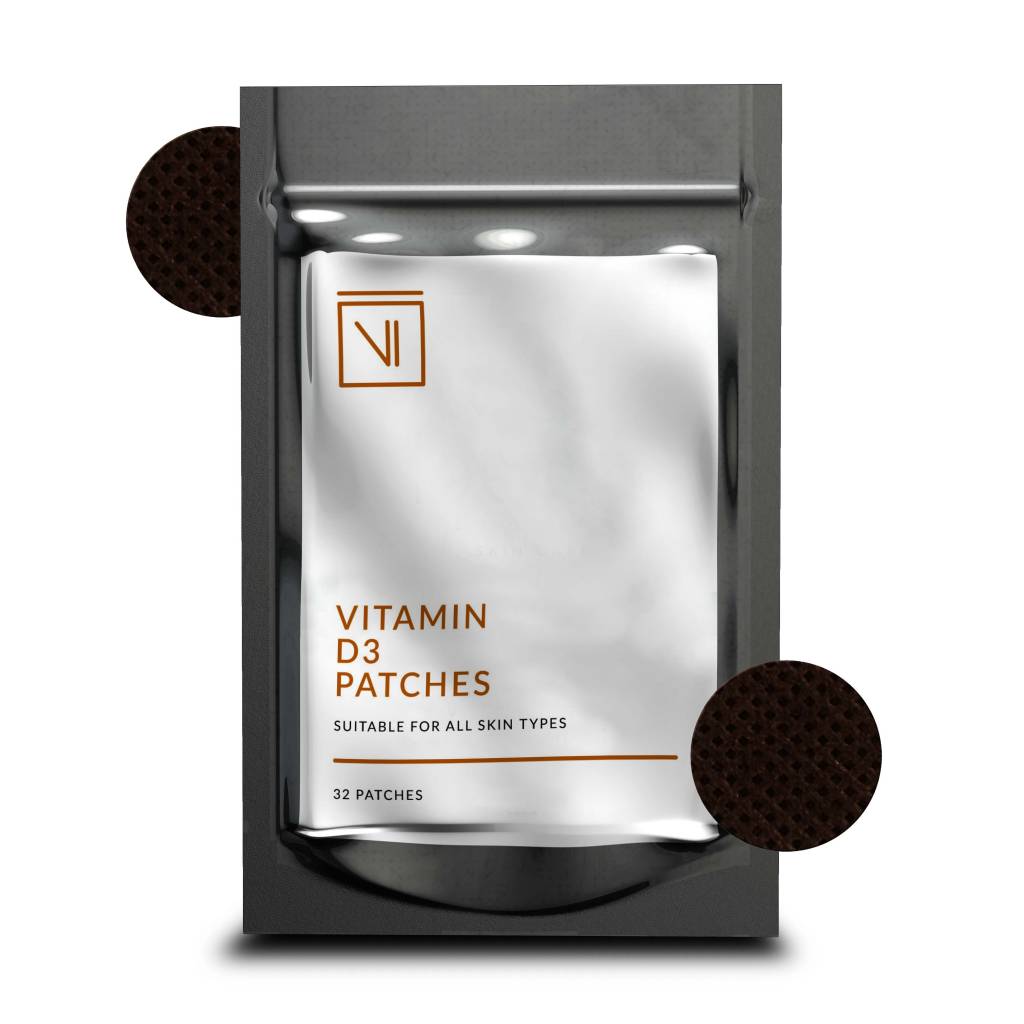 Also try Vitamin Injections London Vitamin D3 Skin Patches (£49.99, vilwellness.com) that deliver vitamins directly into the bloodstream through the skin (much like a HRT/Nicotine patch). As these do not need to pass through the digestive system, more than 90% of the vitamin is absorbed. corona
Also try Vitamin Injections London Vitamin D3 Skin Patches (£49.99, vilwellness.com) that deliver vitamins directly into the bloodstream through the skin (much like a HRT/Nicotine patch). As these do not need to pass through the digestive system, more than 90% of the vitamin is absorbed. corona
Vitamin A
This nutrient is found in animal foods but beta carotene acts as a precursor to vitamin A. Vitamin A is important for maintaining a healthy immune system. It helps with innate immunity by maintaining the integrity of mucosal cells in the GI tract, eye and respiratory system – these act as a first line of defence against infection.
Vitamins A is also required for the normal function of immune cells and the production of antibodies that response to infection (adaptive immunity).
Food sources include oily fish, eggs, butternut squash, orange peppers, carrots, mangoes and dark green leafy vegetables.
Vitamin C
Humans can’t make vitamin C, unlike most animals, so we need to get it from foods and drinks. When you are deficient in vitamin C the immune system doesn’t respond quickly to invading pathogens. But vitamin C helps you make antibodies.
With their liposomal vitamin C having sold out in 24 hours, Altrient has a new powdered vitamin C product Neutrient™ TOTAL C™(from £33.99, abundanceandhealth.co.uk) containing four types of vitamin C plus DHQuercetin and Bioperine. These both complement the action and absorption of the vitamin C.
Zinc
zinc deficiency leads to dysfunction with your immune system as it helps reduce inflammation. It is also a major factor in enzyme function, protein synthesis and wound healing. The mineral plays a central role in the immune system and helps to protect against viral infections such as the common cold. Zinc has also been shown to have antibacterial effects in the body.
Zinc lozenges containing zinc gluconate have been found to stimulate the immune cells in the throat to increase immunity against throat infections, according to research published in the journal BMC Family Practice.
Food sources of zinc include shellfish, lean red meat, turkey, quinoa, nuts, seeds, brown rice, tahini, oats and eggs.
Selenium
Selenium contributes to the normal function of your immune system. This mineral is required for the synthesis of antibodies and also stimulates the production and activity of T lymphocytes and natural killer cells, which help to fight viral and bacterial infections.
A lack of selenium reduces the activity of these cells and reduces antibody production, making it more likely that a viral infection will survive in the body long enough to mutate to a more virulent version. This could explain why so many new pathogenic influenza viruses emerge from Asian countries where selenium intakes are very low.
According to research published in the journal Free Radical Biology and Medicine, a lack of selenium affects the way respiratory epithelial cells respond to the flu and increases the risk of more severe flu infections.
In the UK, 46% of adults aged 65-74 and 60% of adults over 75 not get enough selenium in their diet according to the UK National Diet and Nutrition Survey. Amongst this group it is important to eat plenty of selenium rich foods in their diet.
Levels do differ depending on where the food was grown (soil quality). A multivitamin and mineral supplement may be a good option for this group of the population to bridge any gaps in their diet.
Food sources of selenium include Brazil nuts, oily fish, shellfish, tofu, wholegrains, tomatoes and broccoli.
Try Healthspan Selenium (240 tablets, £12.95, healthspan.co.uk)
Magnesium
Magnesium plays an important role in two types of immune responses within your body, and it helps keep the immune system in homeostasis, i.e. in balance.
Try liposomal Magnesium from Altrient (£79.99, abundanceandhealth.co.uk), which contains 1000mg of Magtein plus 500mg phosphatidylcholine per sachet, which is beneficial for your brain.
Probiotics
Around 70 per cent of your immune system is in your gut. Probiotics are therefore crucial to keeping you well. You can add probiotics to your diet in food form via fermented foods such as sauerkraut, kimchi and miso, or take a high-dose supplement. They also protect your body from disease-causing microbes and keep the gut lining healthy, reducing the risk of inflammation.
Taken over time, multi-strain probiotics (live bacterial supplements) have been shown to significantly shortened common colds and reduce the severity of symptoms.
Try Symprove (£158 for 12-week supply, symprove.com) as it’s proven to survive the acidic environment of your stomach to reach the lower intestine, where it gets to work.
Try the new Bio-Kult Boosted (£24.98, bio-kult.com), which contains 14 strains of live bacteria and is four times the concentration of the original formula, with added B12 to benefit your immunity.
Garlic
Garlic boosts white blood cells and their disease-fighting response when encountering viruses. It contains the compound allicin, which helps your immune system fight off germs and bacteria.
Vitamin B6
B6 is essential for the supporting biochemical reactions in the immune system. A deficiency can leave you more susceptible to disease. B6 is found in chicken, salmon, and tuna.
Shiitake mushrooms
Mushrooms and especially the shiitake variety have been used for centuries in Asian countries for their health benefits and are often coined the ‘medicinal mushroom’. Research has shown how compounds called beta-glucan polysaccharides may help to stimulate the immune system and protect against ill health (these compounds can also be found in oats).
Shiitake mushrooms work really well in a decongesting broth made from stock and using chillies, garlic and ginger which all offer decongesting and anti-inflammatory properties.
Geranium
Geranium is a natural antiseptic with antibacterial and anti-fungal properties that helps improve your immunity by inhibiting common bacterial strains from entering your body.
Turmeric
This contains a powerful compound called curcumin, a natural anti-inflammatory that makes it an instant alternative to synthetic drugs and traditional anti-inflammatory medication such as ibuprofen, and helps fight infection, reduce inflammation and boost your immune system.
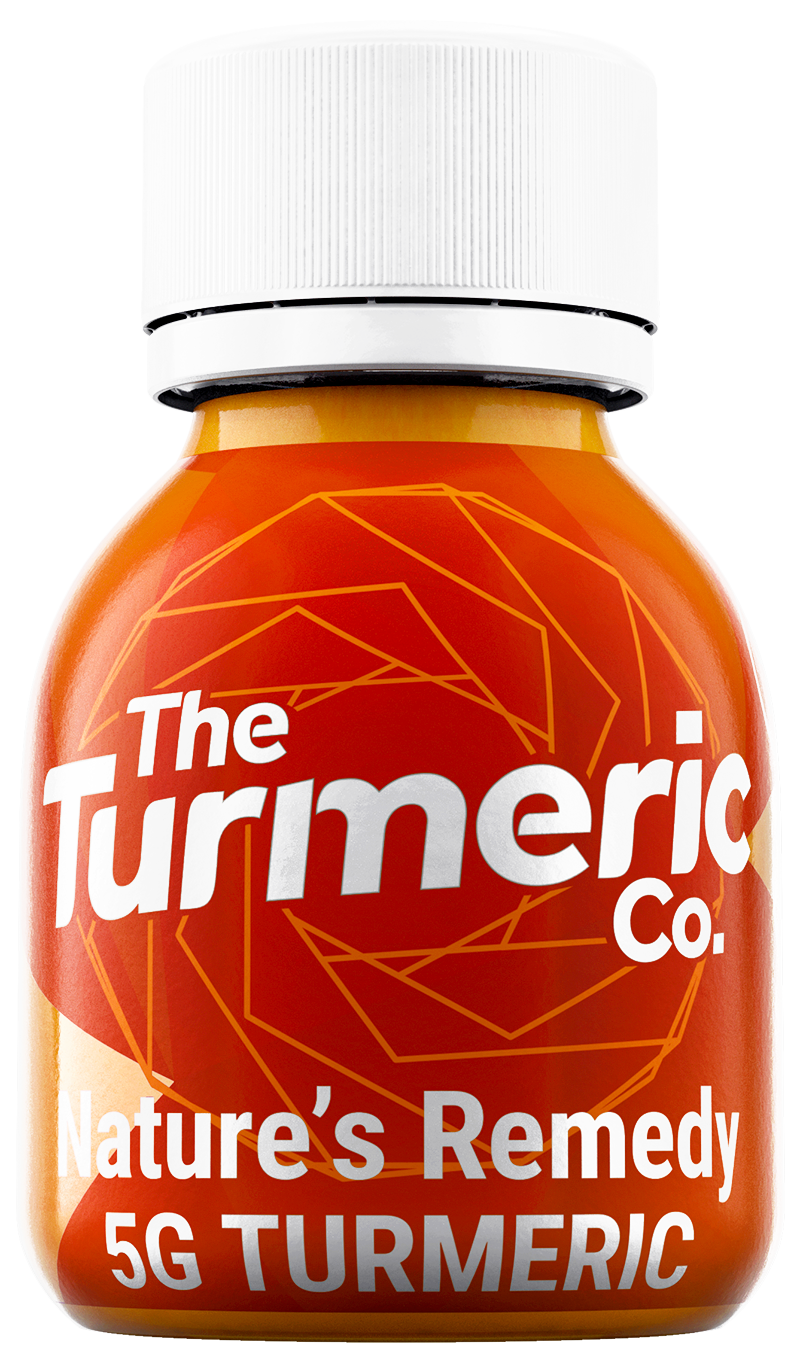
Try new The Turmeric Co shots (from £2.99, theturmeric.co).
Each mini drink contains only turmeric wet root (not powder like most other turmeric products) and also includes piperine extract (from black pepper) to enhance the bio availability of the curcumin by up to 2000%! It comes in original or with added ginger, beetroot or coconut, which is also an anti-inflammatory.
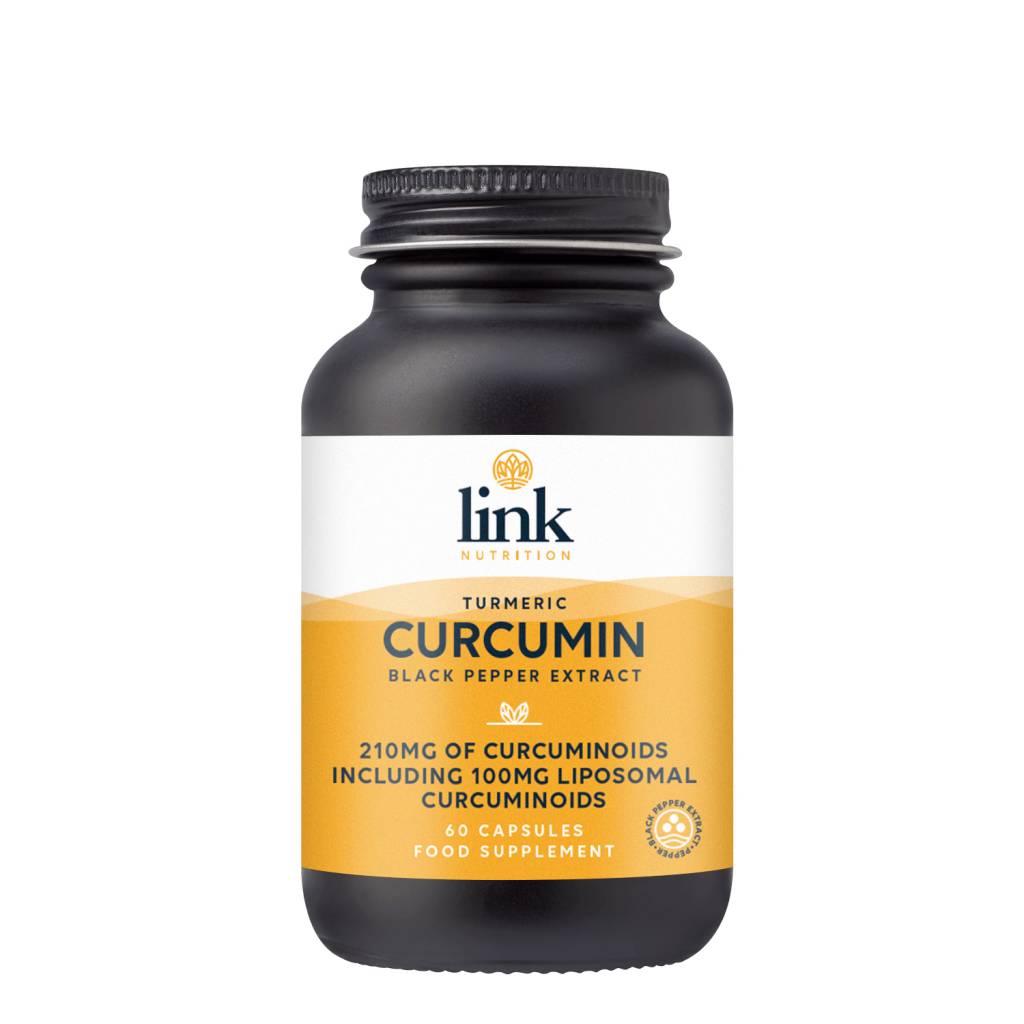
Or try these NEW Turmeric Curcumin Liposomal Supplements (£19.95)
Link Nutrition has combined turmeric with liposomal curcumin and black pepper, which provides piperine to enhance absorbability.
Astragalus
Used in traditional Chinese medicine, astragalus is a herb that keeps the immune system healthy. Astragalus controls T-helper cells 1 and 2 that regulate the bacteria in your immune system. It is also a great antioxidant that prevents free-radical damage.
Ginseng
This powerful herb is able to maintain immune homeostasis and enhance your body’s ability to resist illness. It has also been shown to shorten the duration of colds.
Chlorella
Chlorella is a nutrient-dense algae known for its ability to rid the body of toxins. Chlorella helps you produce antibodies that fight foreign, invading bacteria.
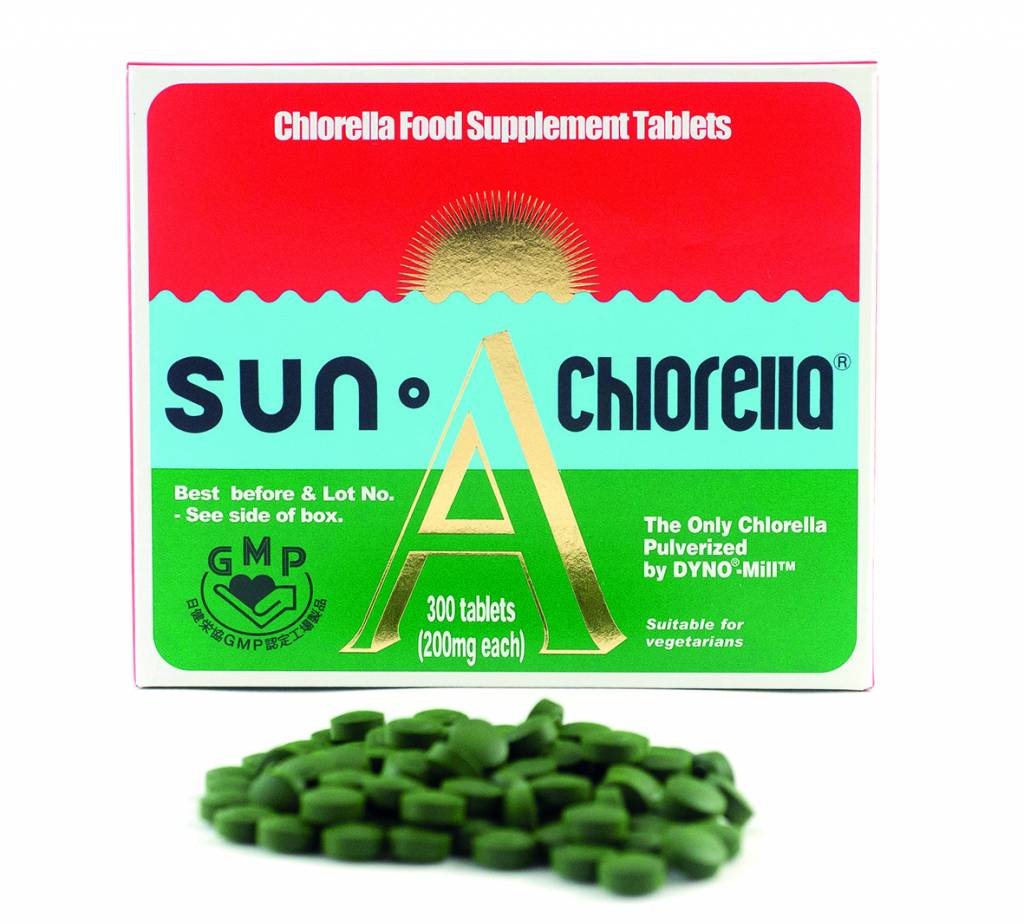 Researchers have also found that chlorella can help temper stress hormone production and blood sugar spikes during stressful situations. Try Sun Chlorella (from £21.95, sunchlorella.co.uk), which comes in granule or tablet form.
Researchers have also found that chlorella can help temper stress hormone production and blood sugar spikes during stressful situations. Try Sun Chlorella (from £21.95, sunchlorella.co.uk), which comes in granule or tablet form.
Electrolytes
Electrolytes are tiny charged particles responsible for so many processes in the body and essential for normal function. One key area where electrolytes are essential for normal functioning is the immune system. For an immediate boost to your immune system and long-term immunity protection, consider electrolytes either in the form of a restorative salts solution, or from coconut water or sodium-rich pickles, especially if you have recently been ill or undertaken extreme exercise.
“There are plenty of foodstuffs that can increase your stores of electrolytes. Look for calcium and magnesium-rich foods such as dairy, green leafy veg and nuts. Potassium is an electrolyte found in sweet potatoes and avocados. A simple banana is an electrolyte powerhouse packed with potassium, magnesium, sodium and chloride, so make sure you eat these alongside the traditional vitamin C friendly fruits, too,” Dr Michael Barnish MBChB, Head of Genetics & Nutrition at REVIV Global Ltd

